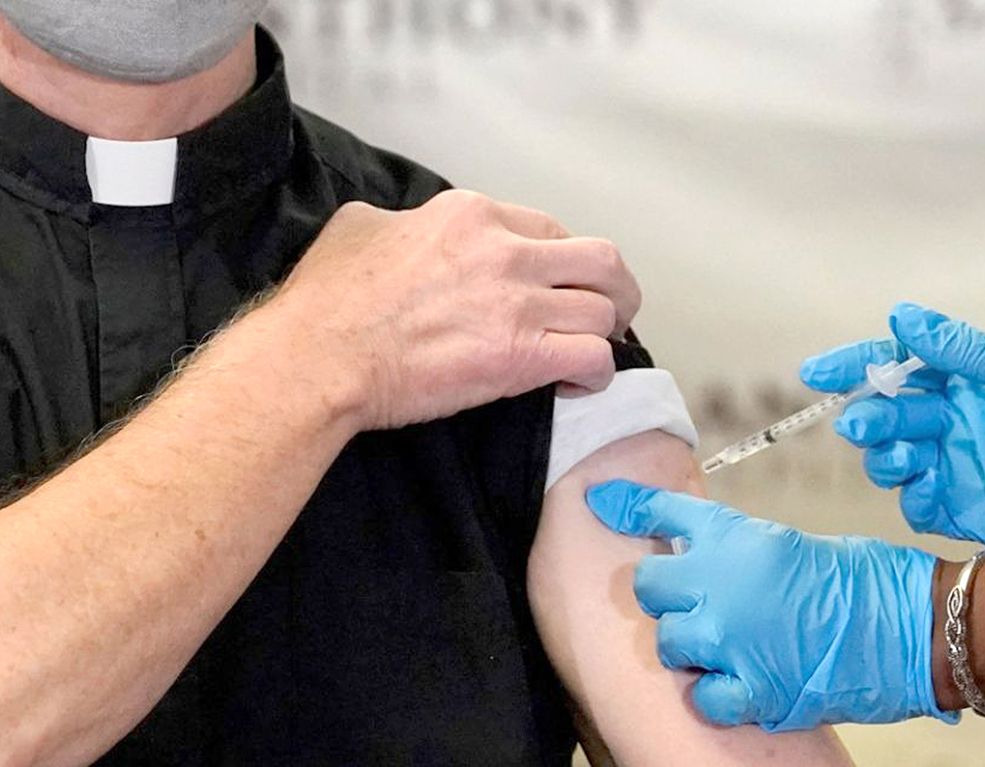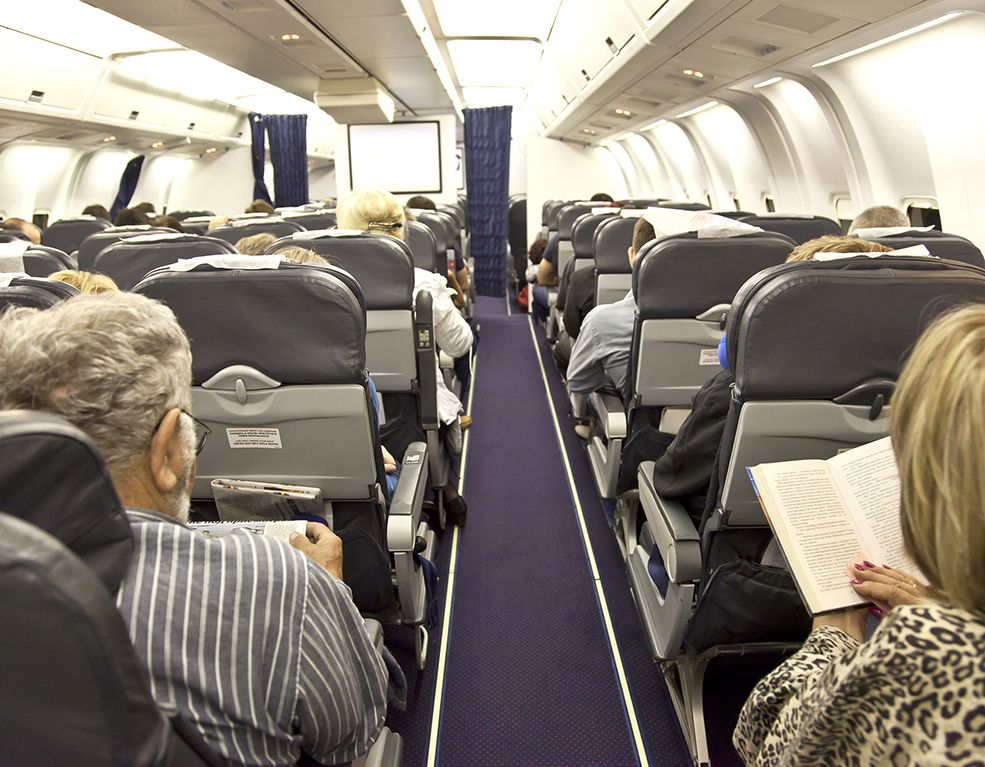The news of an attack on Msgr. Christian Carlassare, a Comboni missionary and appointed Bishop of Rumbek in South Sudan, sent shockwaves among the Catholics of South Sudan. The Bishop-elect was shot on both legs by unknown armed men.
In a video message recorded from his hospital bed, Msgr. Carlassare extended his forgiveness to the two attackers and prayed that God may transform the evil aggression on him into something good.
At the same time another Italian lay missionary, Nadia De Munari, was stabbed to death in Peru, supposedly due to an attempted robbery. The missionary had worked in Peru for almost 30 years.
These assaults on the lives of two missionaries bespeak of a growing tide of religious violence concomitant to the coronavirus pandemic. This trend is highlighted in the latest report of the Aid to the Church in Need Foundation (ACN Foundation) which reveals that about 67% of the world’s population suffers serious violations of religious freedom.
The Aid to the Church in Need is a Catholic organization which focuses on assisting Christian communities facing persecution and material needs worldwide. The Pontifical Foundation produces a yearly report showcasing the levels of persecution against believers in each country.
This year’s report singles out Africa as the continent where there is an increasing number of cases of harassment of religious minorities. Extremism is making inroads through jihadist groups that aspire to set up a vast caliphate in the continent. In the northern province of Cabo Delgado in Mozambique, there are stories of terror, mass murder, and executions in cold blood, and people fleeing their villages.
In Pakistan, young girls, sometimes even children, are abducted from their parents’ homes, raped, and forced to marry and convert to Islam.
The ACN Foundation report also underlines a tendency to use artificial intelligence for the surveillance of crowds in countries such as China. In Xinjiang province, for instance, it is estimated that about one million Uyghurs are enclosed in re-education camps where they are subjected to torture and detention.
These days, we are witnessing extreme discrimination against the most fragile, poorest and defenseless citizens and communities.
Religious persecution, curtailment of human rights, harassment of individuals that promote social initiatives under the pretext of a state of emergency due to the pandemic reveal the existence of other pandemics–religious violence, poverty and social inequality, side by side the COVID-19 pandemic.

















